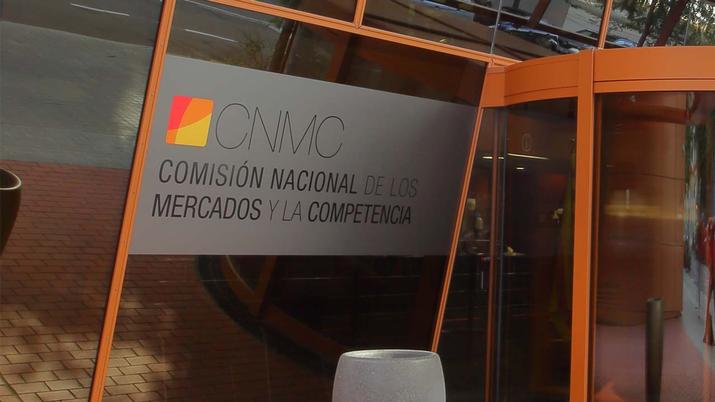For years, Movistar has been considered the dominant operator in Spain, which is why the National Markets and Competition Commission (CNMC) imposes a series of restrictions on the operator that make its rates not available throughout the territory. This finally seems like it’s going to end.
Movistar’s status as dominant operator is in question. Taking into account that everything indicates that the green light will be given to the merger of Orange and MásMóvil, the resulting operator will be the market leader for fixed and mobile customers, so the blue operator will have much more room for maneuver if the sector is liberalized. .
Broadband liberalization
The National Markets and Competition Commission (CNMC) is preparing a new regulatory review to analyze the broadband market. According to close sources, this could most certainly lead to the approval of a deregulation of this market, which will mainly benefit Movistar.

Telefónica, owner of Movistar, has been asking the regulatory body for years to mediate in this regard, activating the liberalization of broadband considering that the restrictions they have due to being the dominant operator can no longer be applied according to the current market share.
This could allow Movistar to be able to launch new rates in the future without currently requiring the mandatory procedure by which the CNMC has to review it and that means that it takes about a month for each approval that must be given. This also applies to the launch of promotions, although the CNMC filter is usually passed in two weeks.
If you are wondering the specific reason why this process has to be done, it has to do with replicability. As a supposedly dominant operator – something that Movistar now rules out being – the blue operator has to implement rates and promotions at margins that allow its commercial rivals to replicate the conditions and thus maintain competitiveness. This is one of the reasons why Movistar sometimes cannot lower prices further; the CNMC would consider that it could not be replicated by its competitors.
Benefits of deregulation for Movistar
Therefore, if this deregulation of the broadband market is approved, Movistar could not only get rid of the need to request approval from the CNMC with each rate or promo, but this freedom of operation would mean that it could be much more aggressive and agile in its offers, whether others can replicate them or not.
This could also lead to higher customer retention, which would reduce the operator’s churn. In the case of clients who want to move from one operator to another, those who are not regularized can make a counteroffer to cancel the portability. These retention offers cannot be applied by Movistar just like that, but must also currently go through the CNMC filter and adjust to the principle of replicability.
Currently, the fiber sector is only partially deregulated. In 2016, the National Markets and Competition Commission established that there is sufficient competition in the 66 largest cities, which is why they were left outside the regulatory framework. This, for example, exempted Movistar from the obligation of having to rent its fiber network. In 2021, the area was expanded with sufficient competition to 696 cities, approximately 70% of the population. If these restrictions are eliminated, the blue operator could operate with commercial freedom throughout the national territory.













